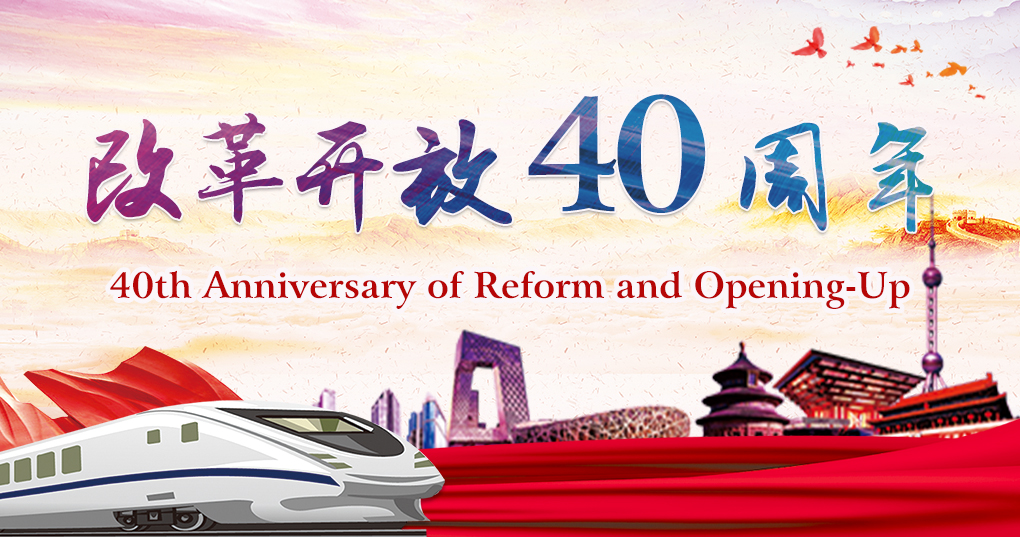'She Power' Promotes Development of SE China's City
Many women in Jinjiang, southeast China's Fujian Province, started up their own businesses taking advantage of China's reform and opening-up policy launched in 1978.
Four decades ago, Jinjiang was just a small impoverished county, and in 2017, its GDP reached 198.15 billion yuan, 1,365 times higher than that of 1978, whilst the total fiscal revenue was up to 21.22 billion yuan, which was 1,158 times that of 1978.
Daring towards risks is a common feature of the first generation of talented women of Jinjiang, although they do not have high education degrees.
A local villager named Shi Lirong wanted to do business after the implementation of reform and opening-up policy. In 1988, Shi started to operate a small business, selling clothes produced in Jinjiang to Xiamen, a more developed coastal city in the same province of Fujian.
At that time, there were few buses to and fro between Jinjiang and Xiamen, and it was also a tiresome journey taking lots of clothes on the bus. So, four years after, in 1992, Shi decided to buy a second-hand car with her own savings to transport passengers herself. In 1998, Shi set up the Jinjiang Yaoshi Minibus Rental Company, which gradually developed into an enterprise with more than 80 minibuses and dozens of passenger cars.
It is a true portrayal of typical entrepreneurs in Jinjiang, who always strive for achievements tenaciously.
At that time, it was still unclear whether the market-oriented path was available for peasants in rural areas. The local Party Committee of Jinjiang County and the local government began to encourage and support these peasants to do business and helped the development of such township enterprises.
Zhang Xiuhui, president of the Female Entrepreneur Association of Jinjiang, has witnessed the rise and growth of the generation of local businessmen. And she herself is another example of self-made successful businesswoman in Jinjiang.
Popular products made in Jinjiang such as shoes, clothes, electronic products, and toys were transported to cities around the world via Hong Kong through south China's city of Shenzhen. Zhang saw good business prospect in the logistics industry, and she decided to be the one to provide the service.
Zhang started her business with just a truck and a table. Since she could not afford to hire many workers, she herself had to work day and night.
Her business soared thanks to the fast development of the private enterprises in Jinjiang. By 2009, she owned 50 freight cars. She set foot into real estate in the same year when she founded her own Ruifa Real Estate Company.
Wu Xiudong, president of the Dehao Textile Company, started her business with a sewing machine only.
"At that time, when someone came to the store, I would stare at their clothes. Although I was not well-educated, I can remember the designs and its patterns," Wu recalled.
With her innovative ideas, Wu's business of clothes making grew rapidly. And yet when the market of clothes-making became too saturated, she shifted to textile manufacturing to provide raw materials for those booming garment makers.
Those businesswomen didn't forget to give back to society. In 2002, Jinjiang Charity Association was founded. This was the first county-level charity organization founded by nongovernmental group.
The association raised a total of 74.6 million yuan within its first four months. By April 30 of 2018, its total sum of donation had reached 3.02 billion yuan.
(Source: clady.cn/Translated and edited by Women of China)
Please understand that womenofchina.cn,a non-profit, information-communication website, cannot reach every writer before using articles and images. For copyright issues, please contact us by emailing: website@womenofchina.cn. The articles published and opinions expressed on this website represent the opinions of writers and are not necessarily shared by womenofchina.cn.


 京公网安备 11010102004314号
京公网安备 11010102004314号